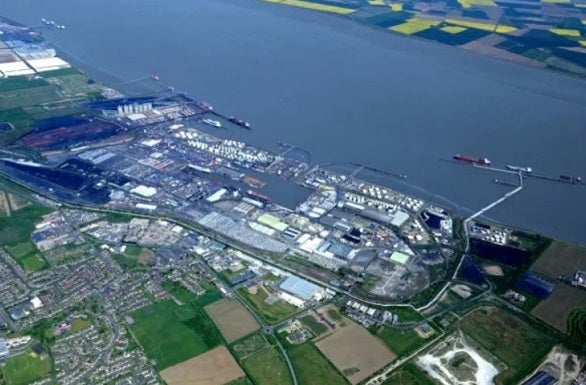
Harbour Energy has agreed to offload a 40% stake in the Viking carbon capture and storage project (Viking CCS project) in the UK North Sea to oil and gas major BP.
The financial terms of the deal were not disclosed.
As per the terms of the agreement, Harbour Energy will continue as the operator of the CO2 transportation and storage project with a stake of 60%.
Located in the industrialised region of Humber, the Viking CCS project is targeting the first CO2 storage as soon as 2027 and a reduction of 10 million tonnes of emissions per annum in the UK by 2030 and up to 15 million tonnes by the year 2035.
The project can potentially cover one-third of the British government’s target to capture and store up to 30 million tonnes of CO2 a year by the end of this decade.
The deal with BP follows the recent decision of the government for launching Track 2 of its CCS cluster sequencing process. The UK government also identified the Viking CCS project as one of the two main transport and storage system contenders for the process.
According to Harbour Energy, over the next decade, the project could possibly bring in investment of up to £7bn across the entire CO2 capture, transport, and storage value chain over the next decade. Besides, it is expected to generate more than 10,000 jobs during construction, while delivering a projected gross value add (GVA) of £4bn to Humber and its neighbouring areas.
Harbour Energy CEO Linda Cook said: “We welcome the UK government’s recent announcement about the launch of Track 2 and the addition of bp as a partner to this transformational project. Viking CCS has the potential to unlock billions of pounds of investment across the full CCS value chain and is crucial for the UK to meet its emissions reduction targets.”
Based on the result of the Track 2 Cluster Sequencing Process, Harbour Energy expects to make a final investment decision on the CCS project in 2024.
The project could be operational as early as 2027 and potentially store up to 10 million tonnes of CO2 per year by 2030.
Harbour Energy and BP are already partners in the Lincolnshire Offshore Gas Gathering System (LOGGS) pipeline which is planned to be repurposed as part of the CCS project. This gives a low-cost opportunity for connecting customers to the depleted Viking gas fields, which are said to have a CO2 storage capacity of 300 million tonnes.
BP gas and low carbon energy executive vice president Anja Dotzenrath said: “We’re extremely excited to be joining Viking CCS, a project which can play an instrumental role in helping to decarbonise the UK and providing CO2 transport and storage as a service to emitters across industry sectors and geographies, including as a future CO2 shipping destination.”




